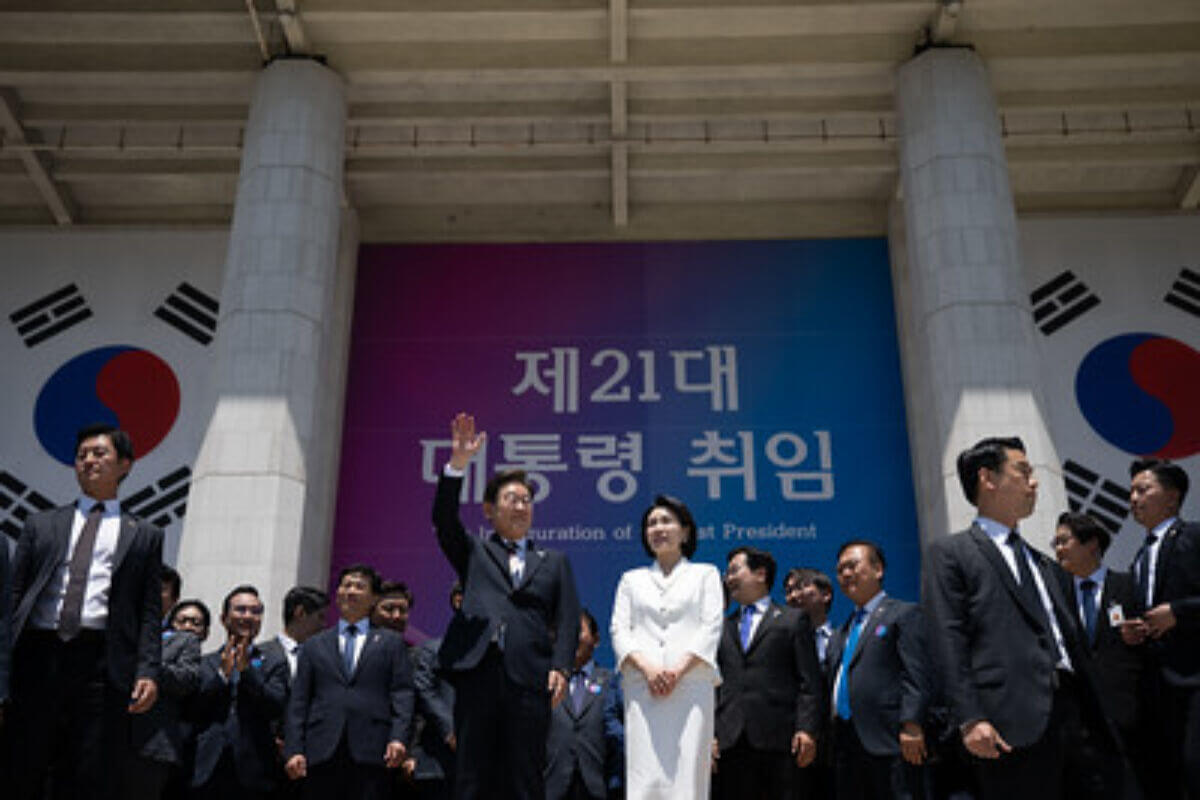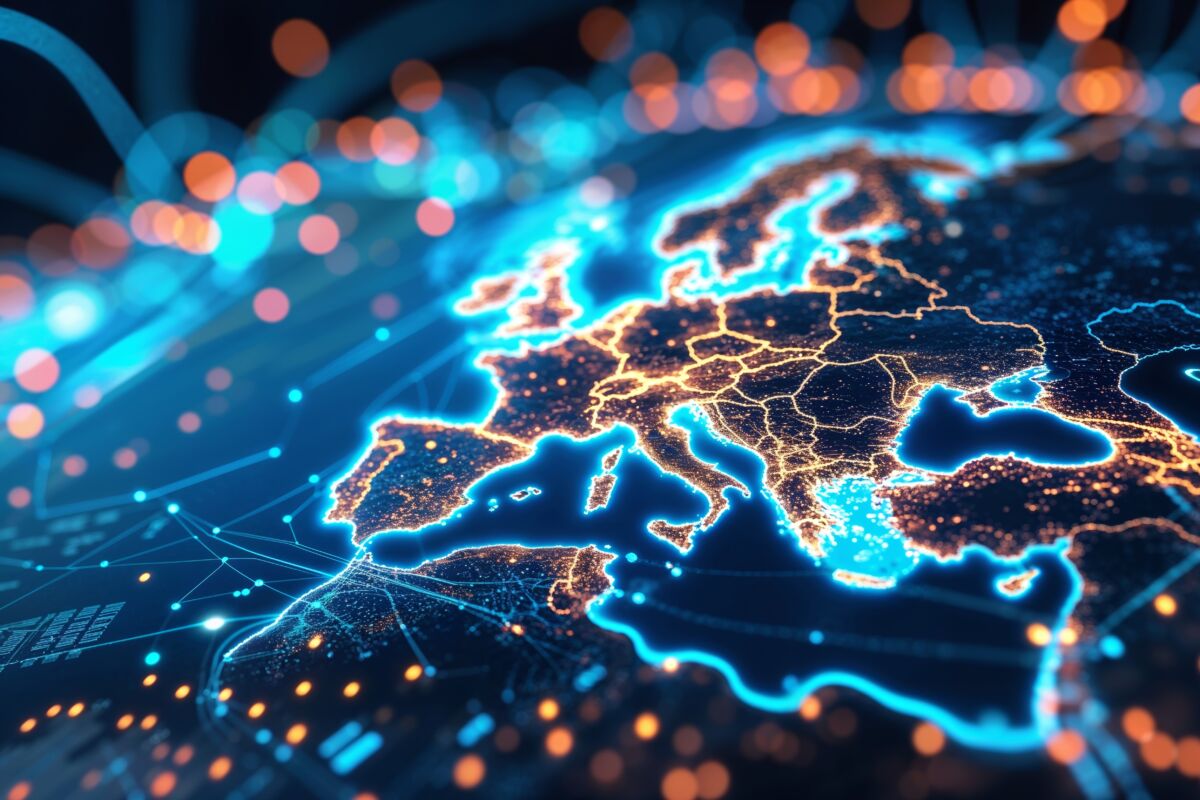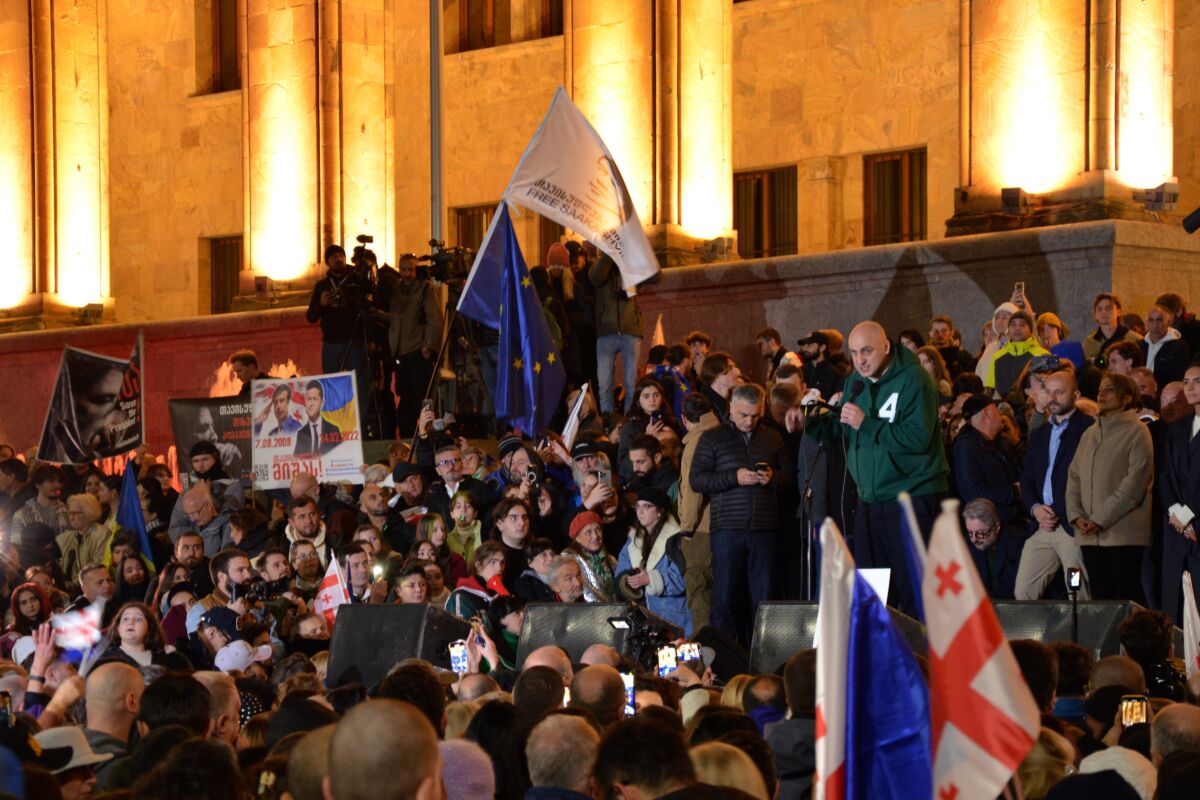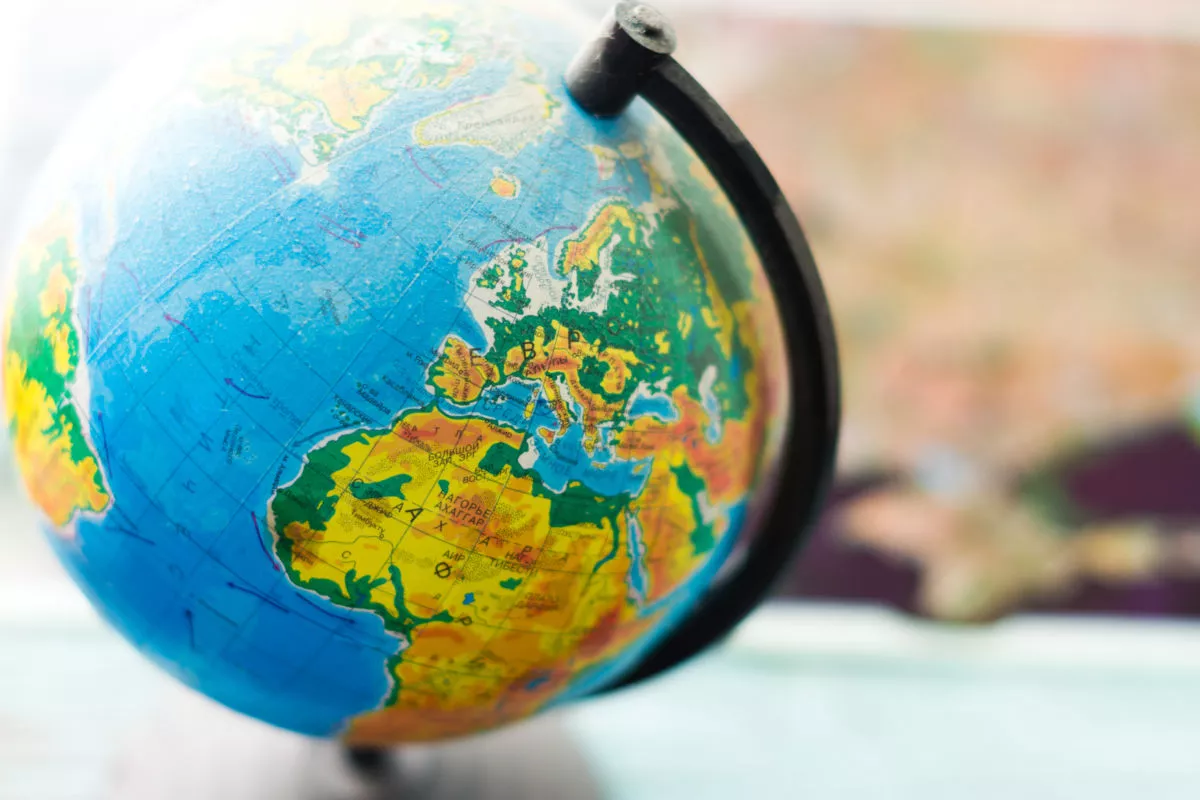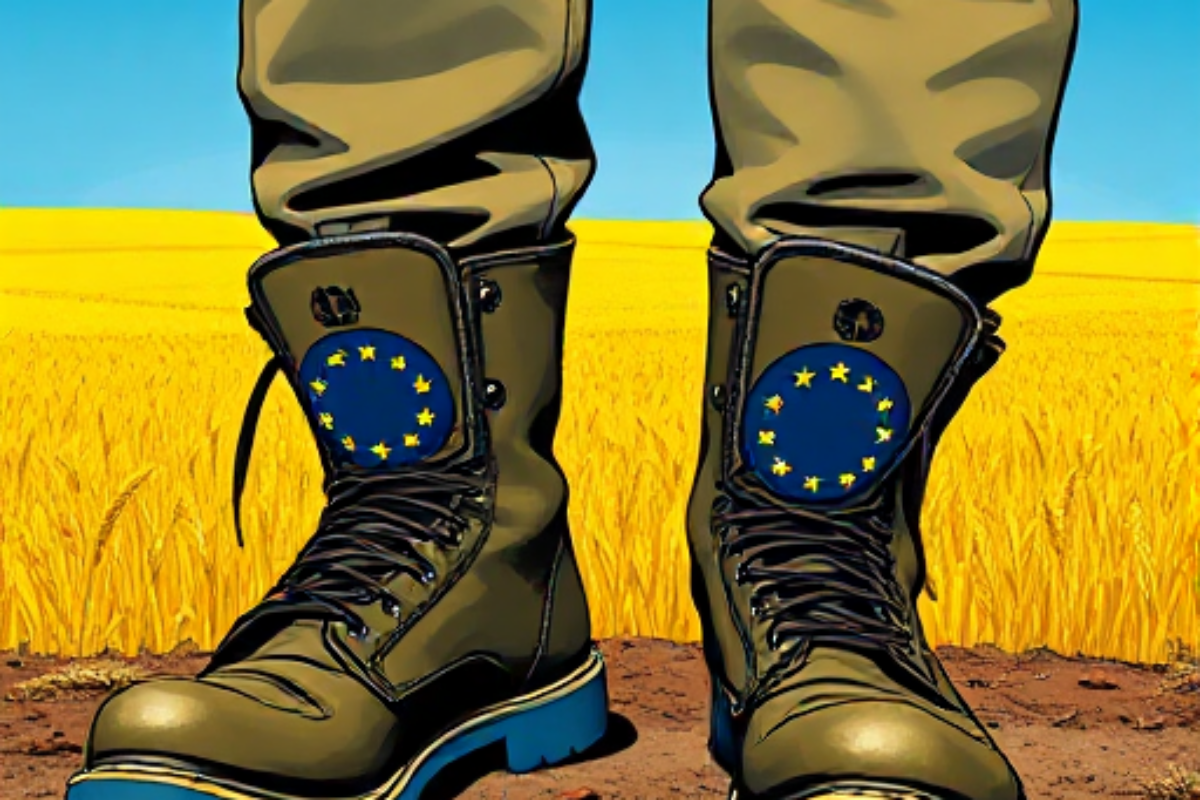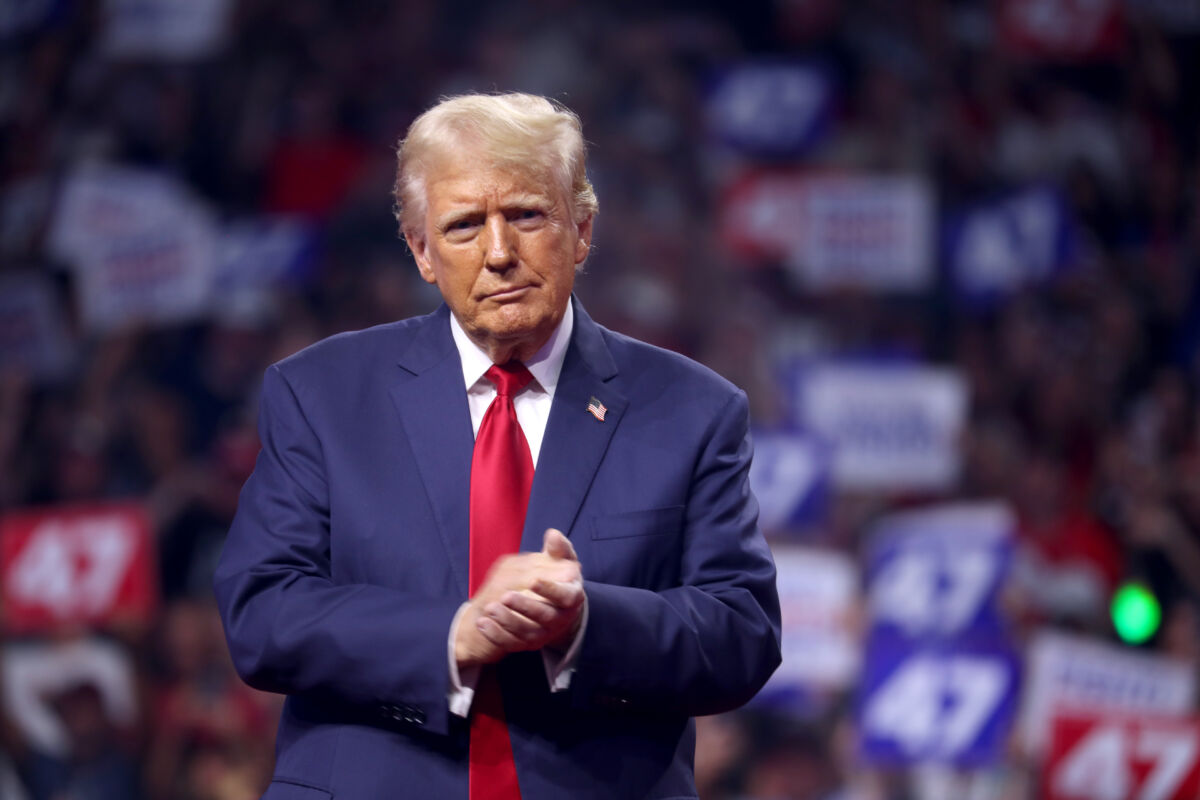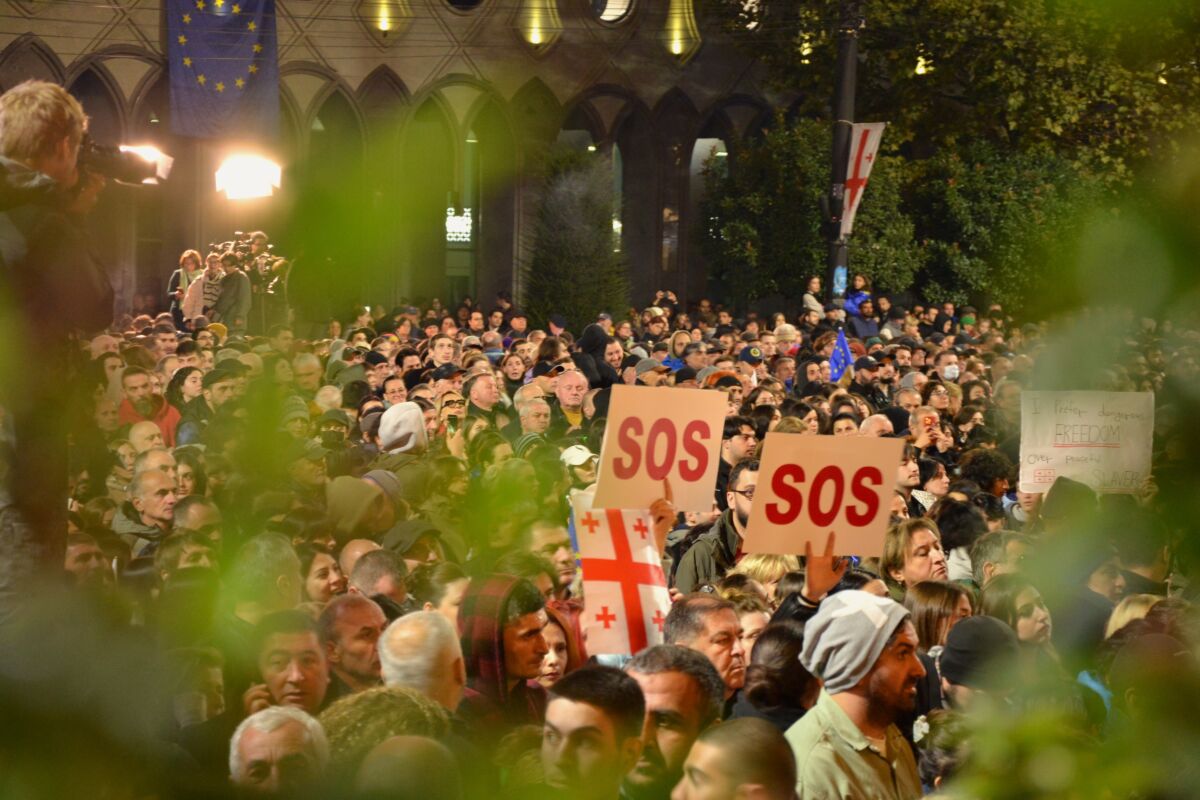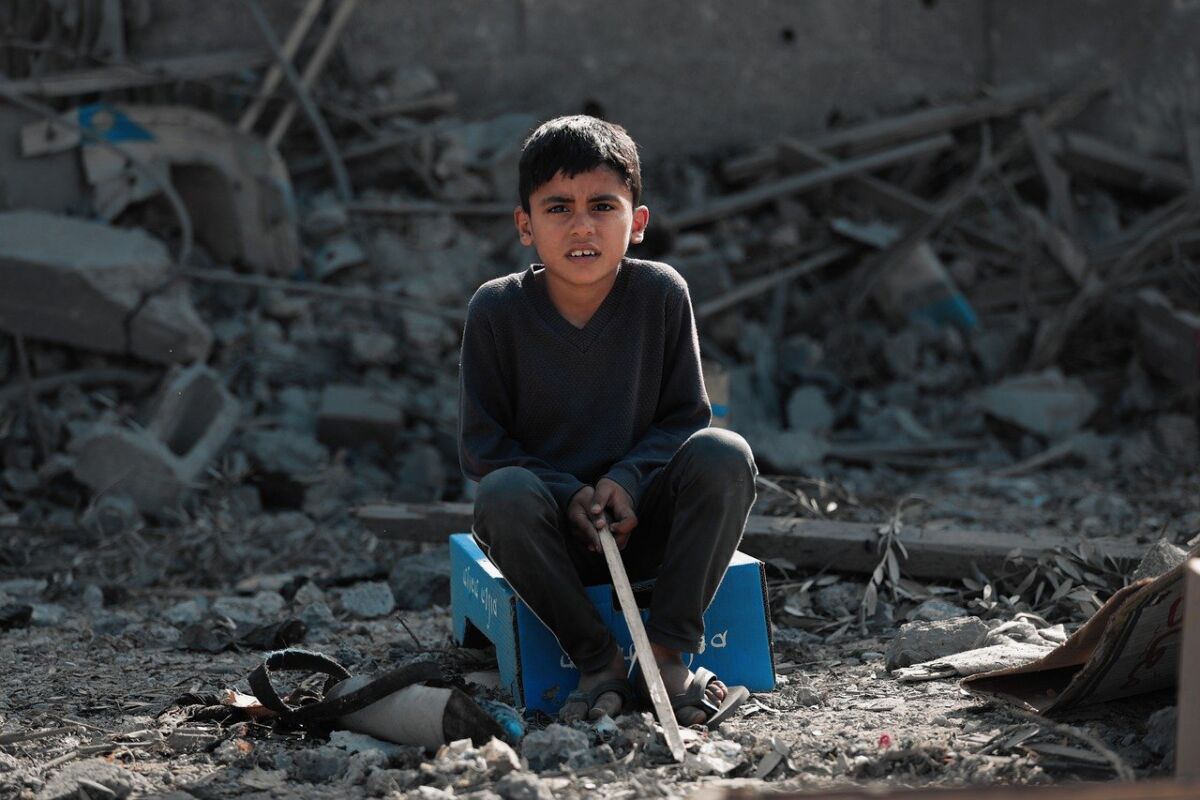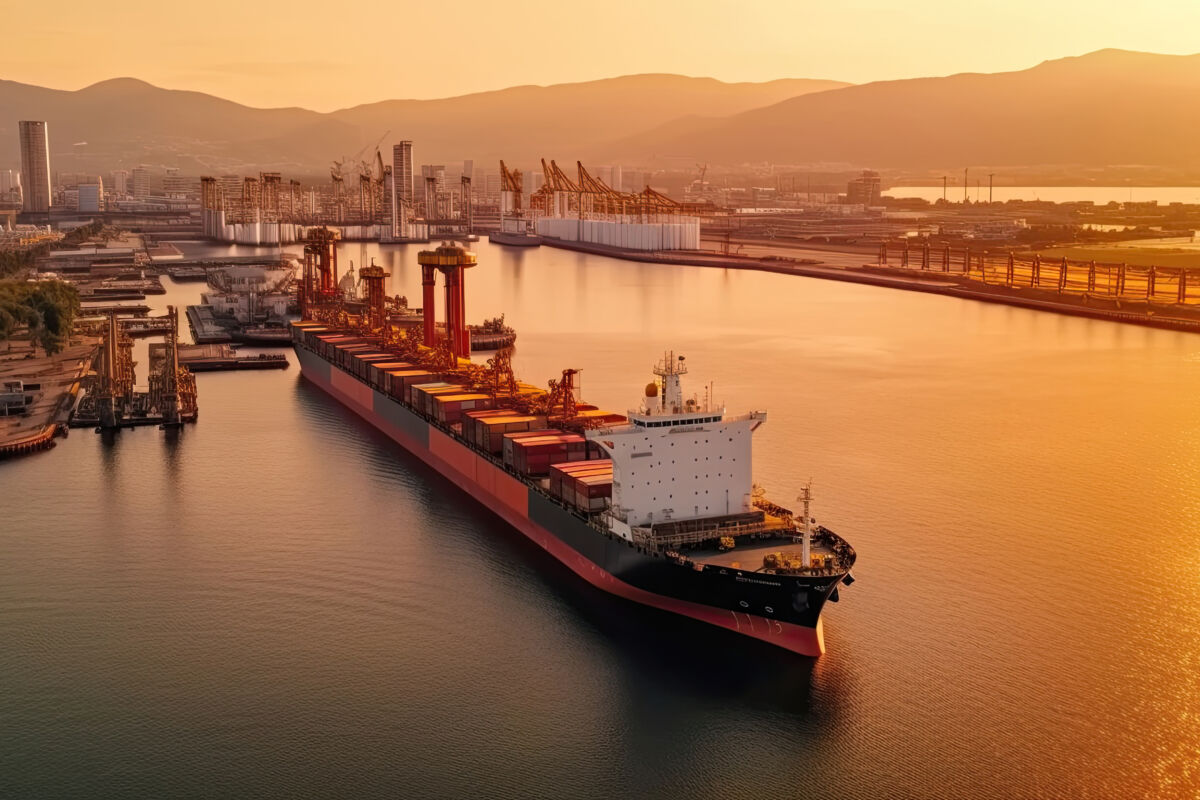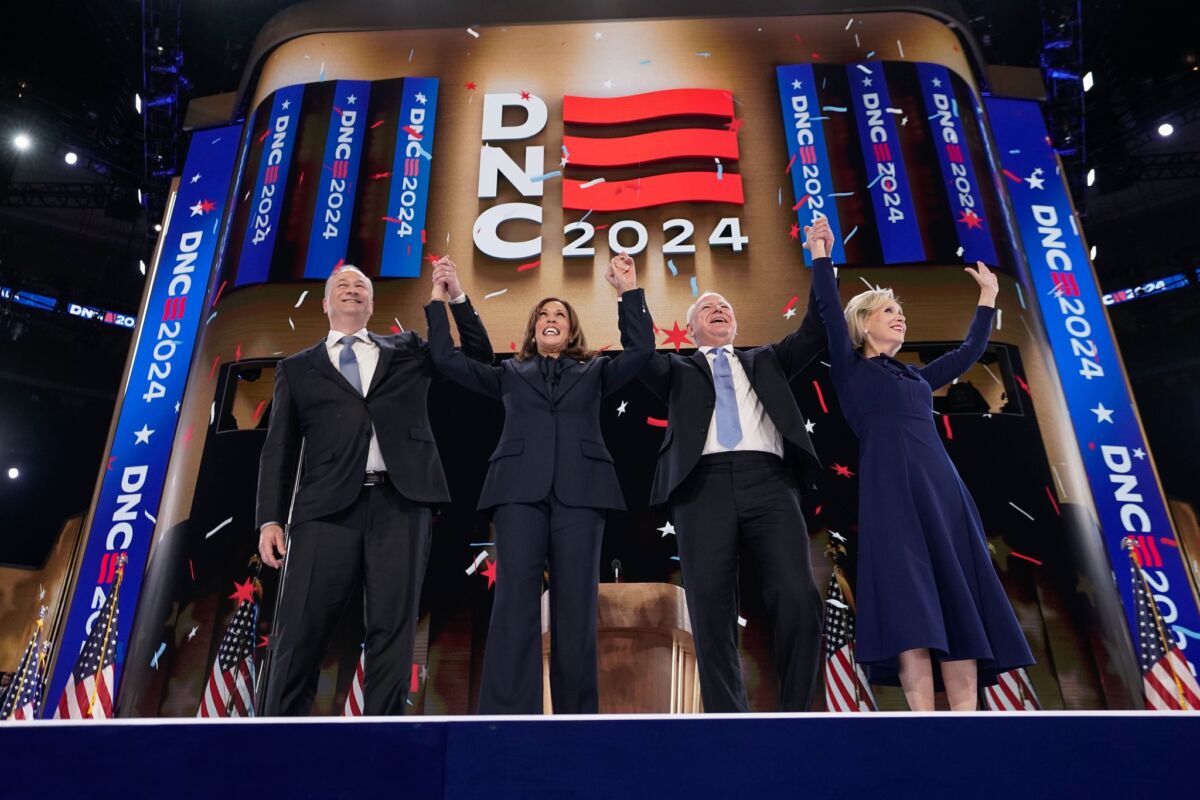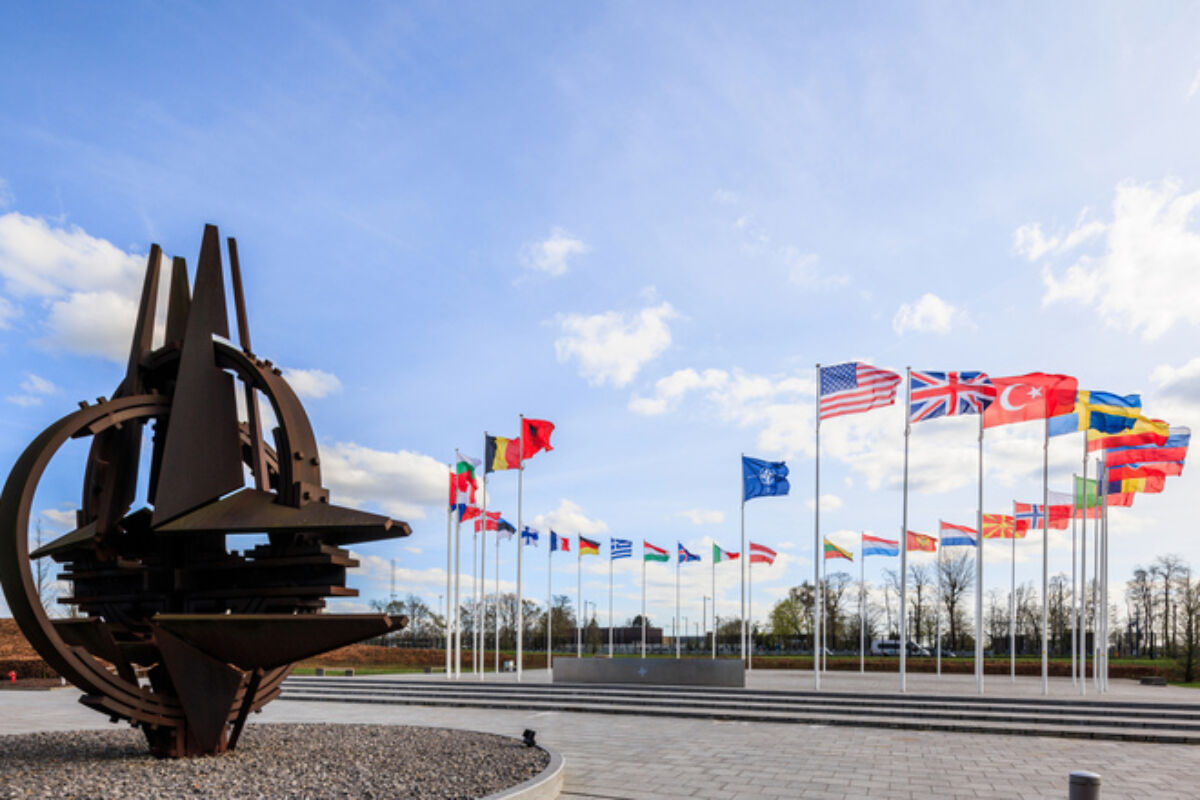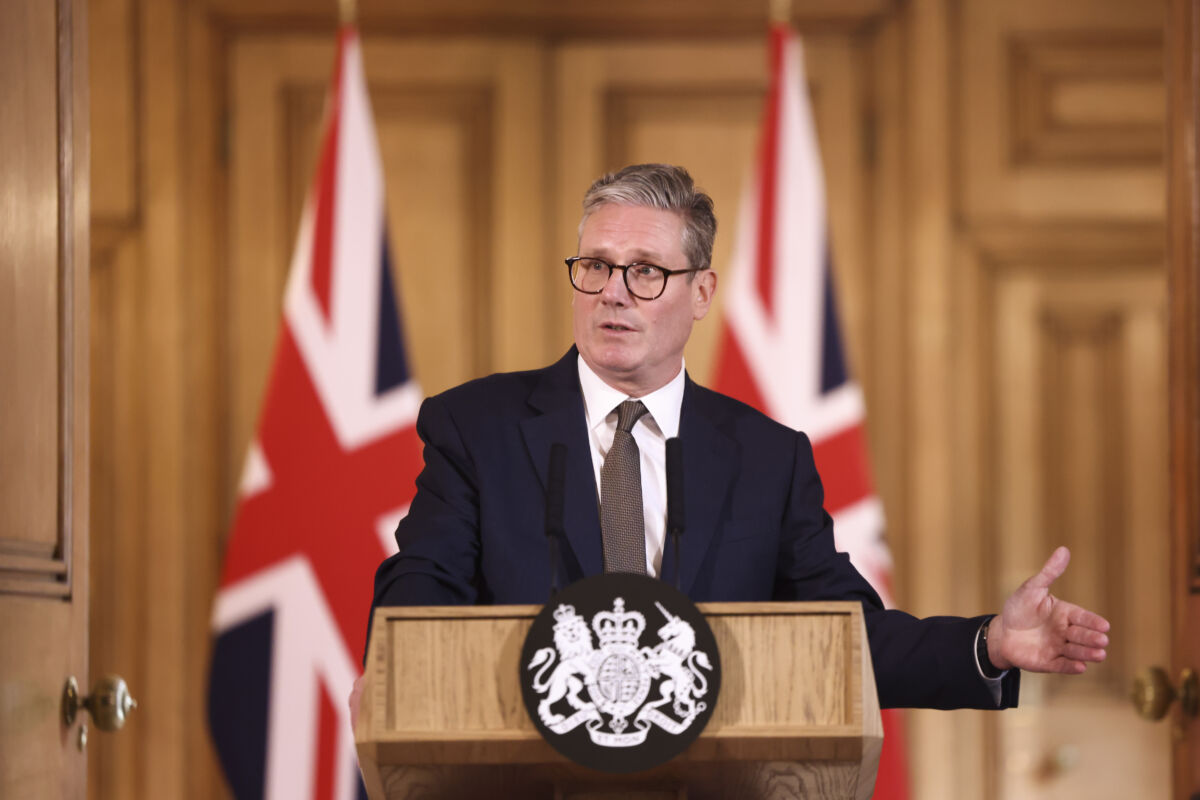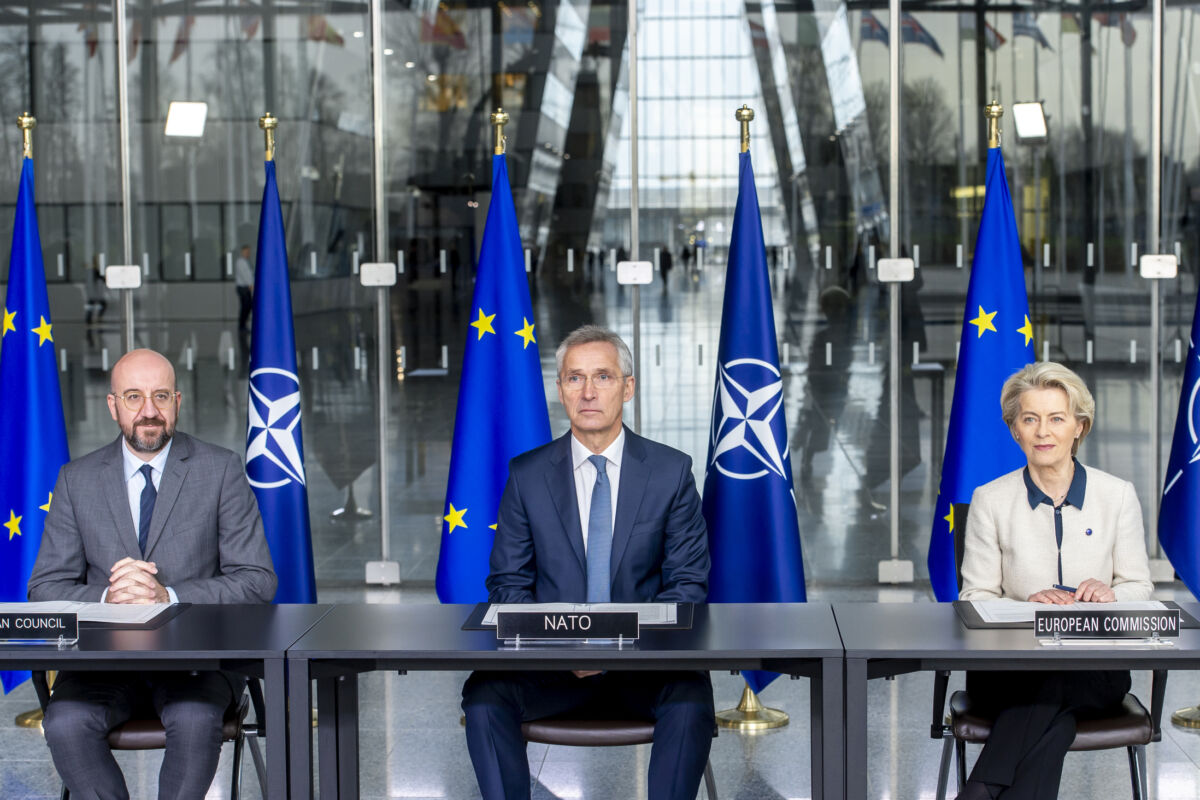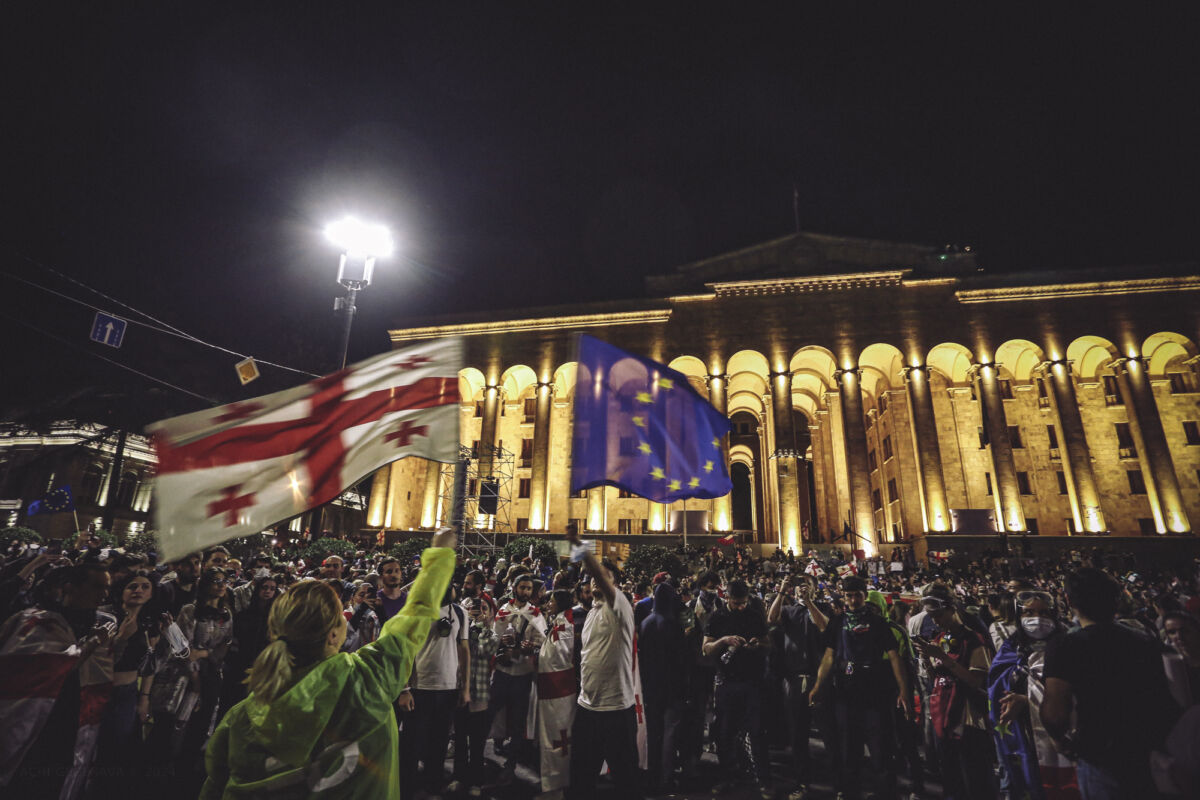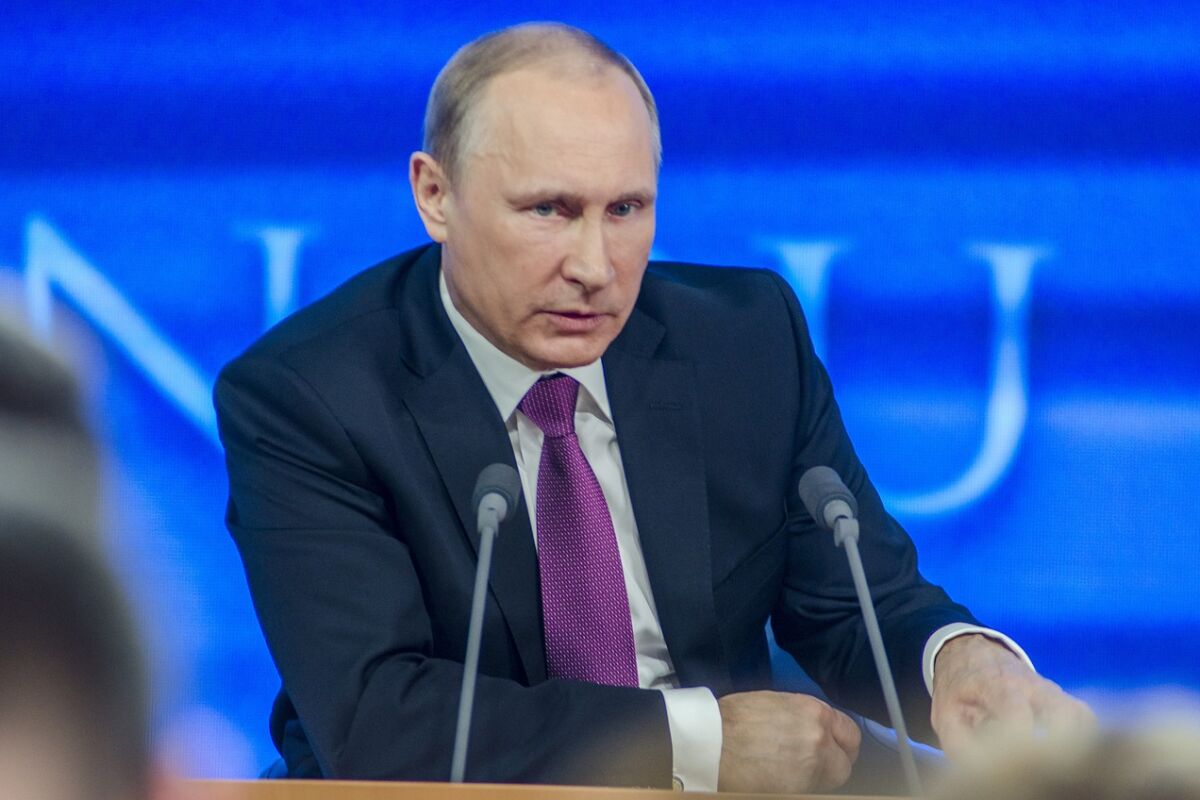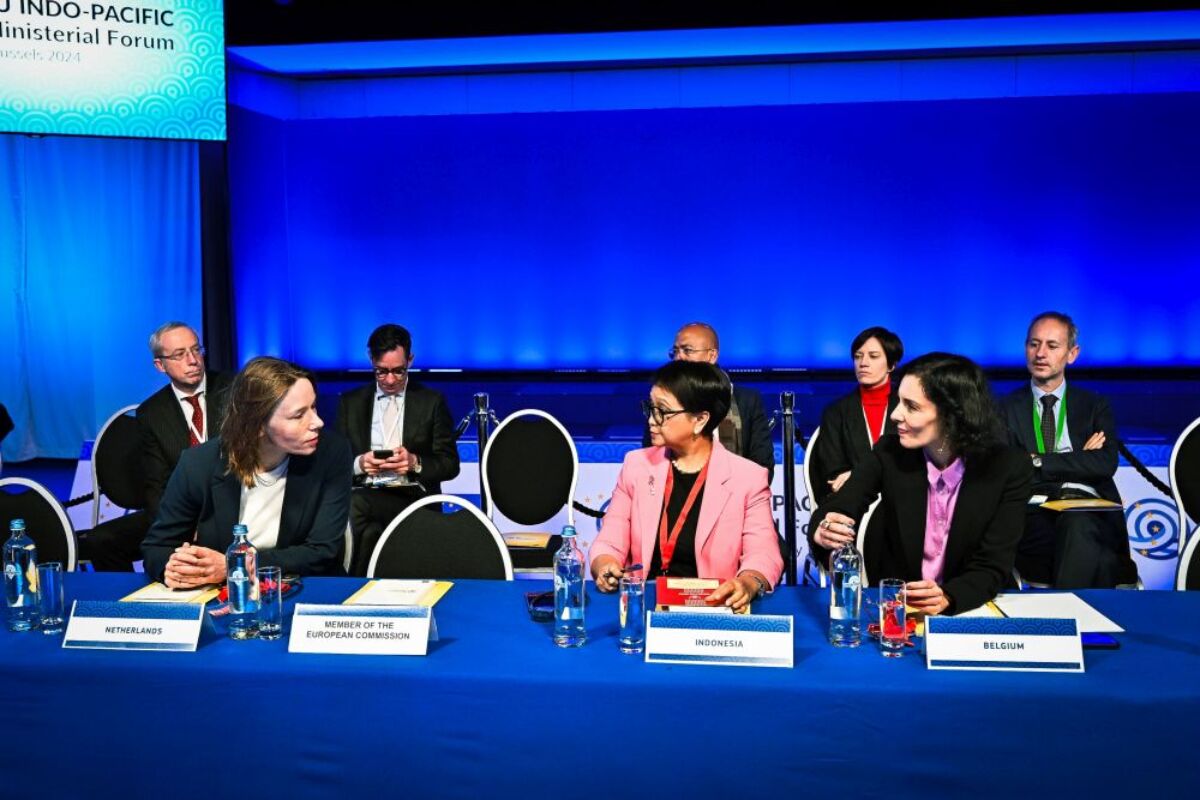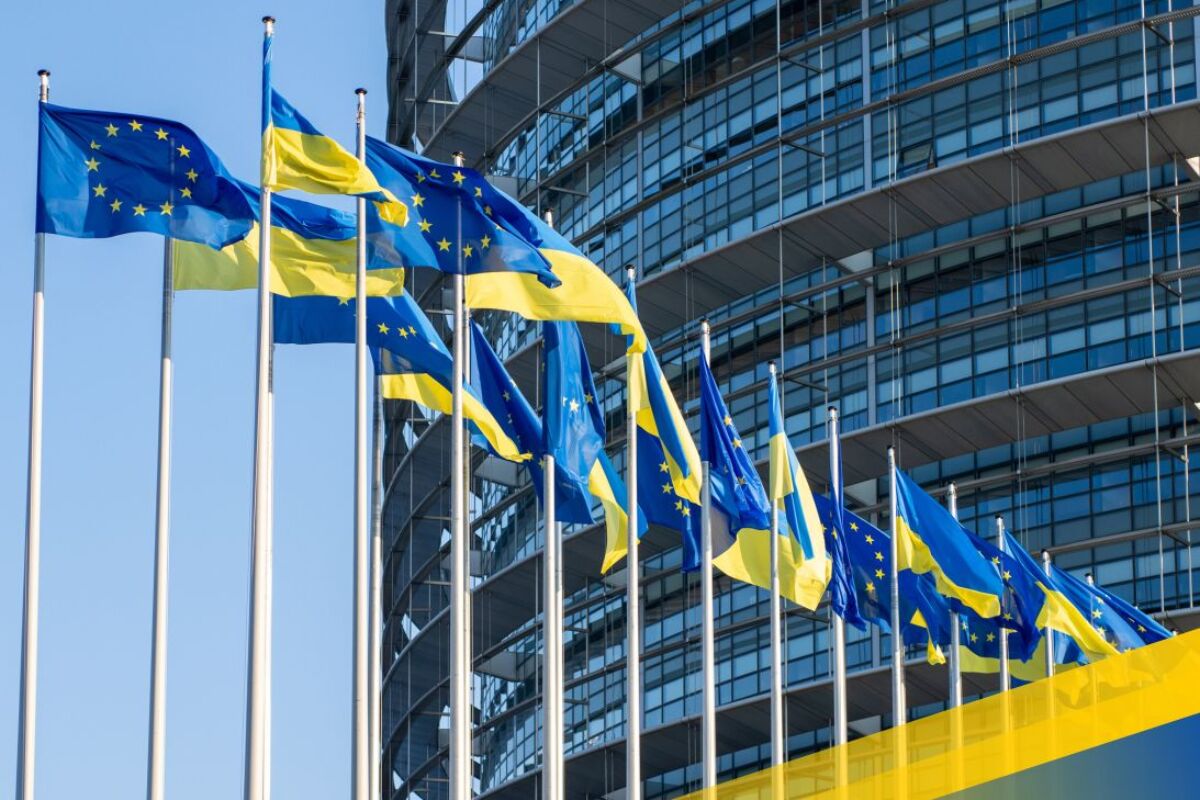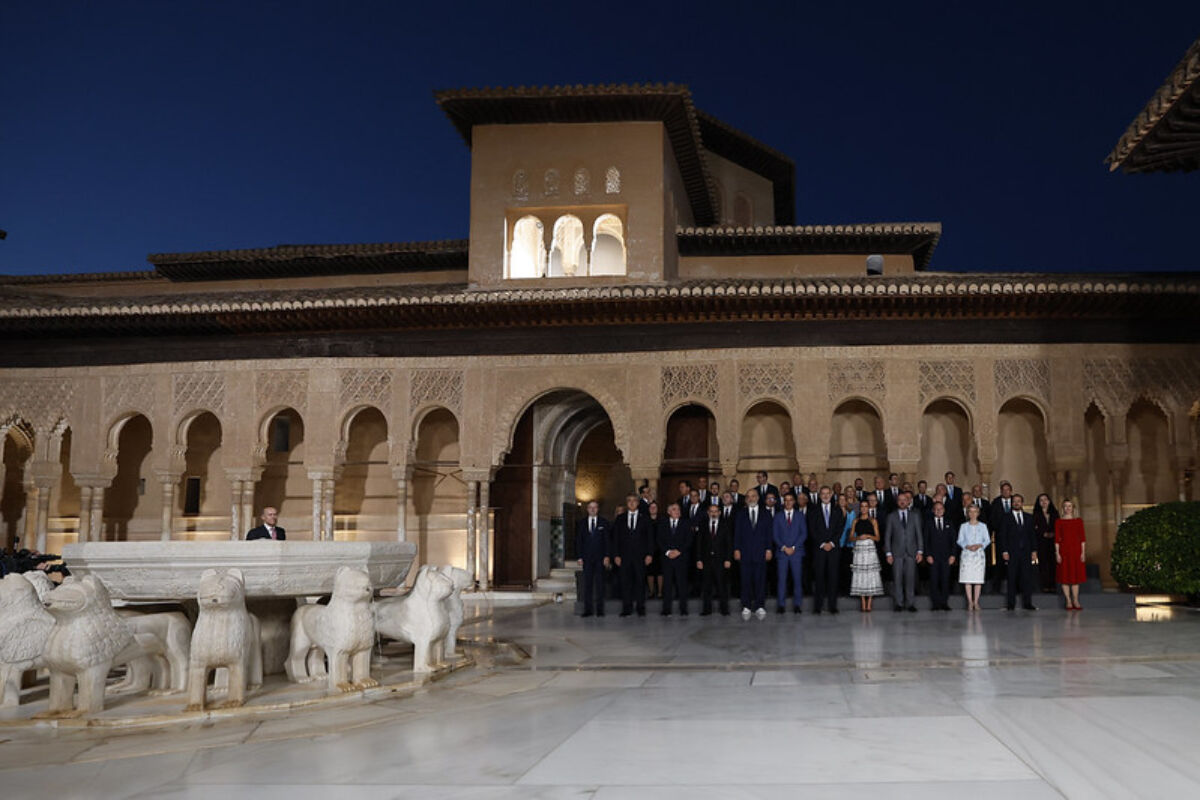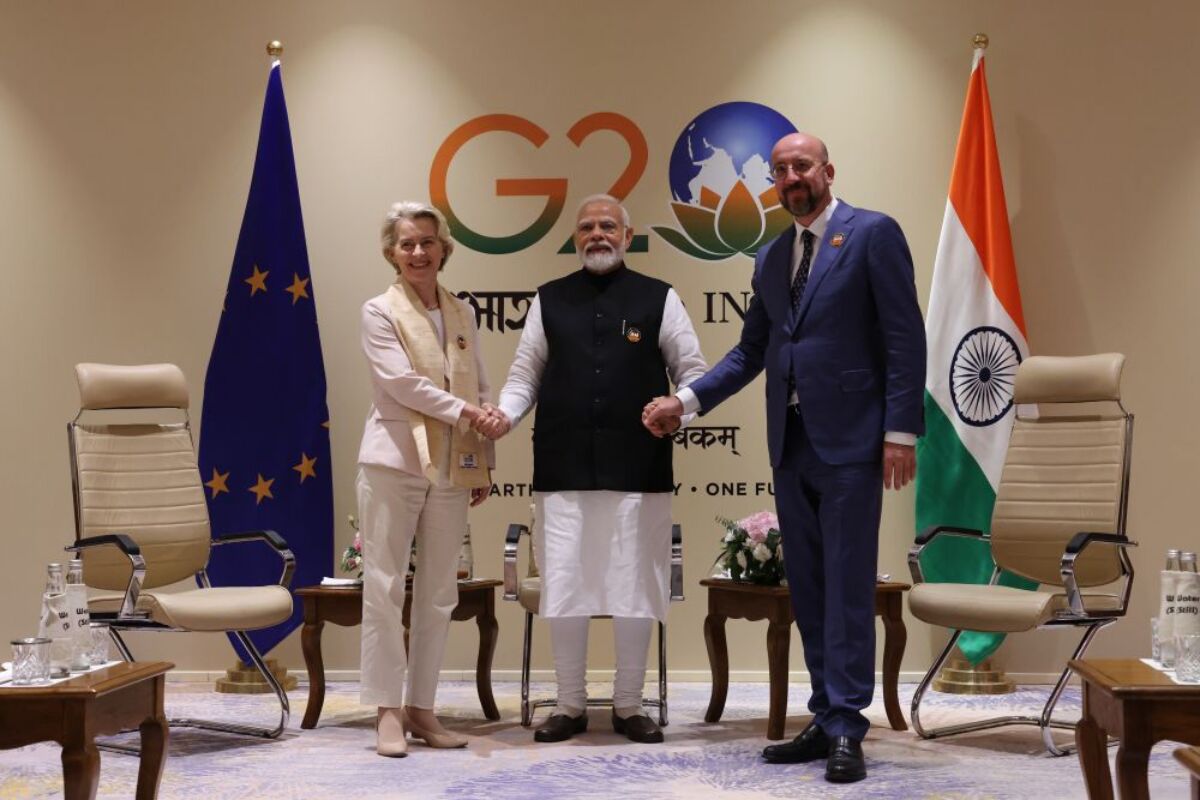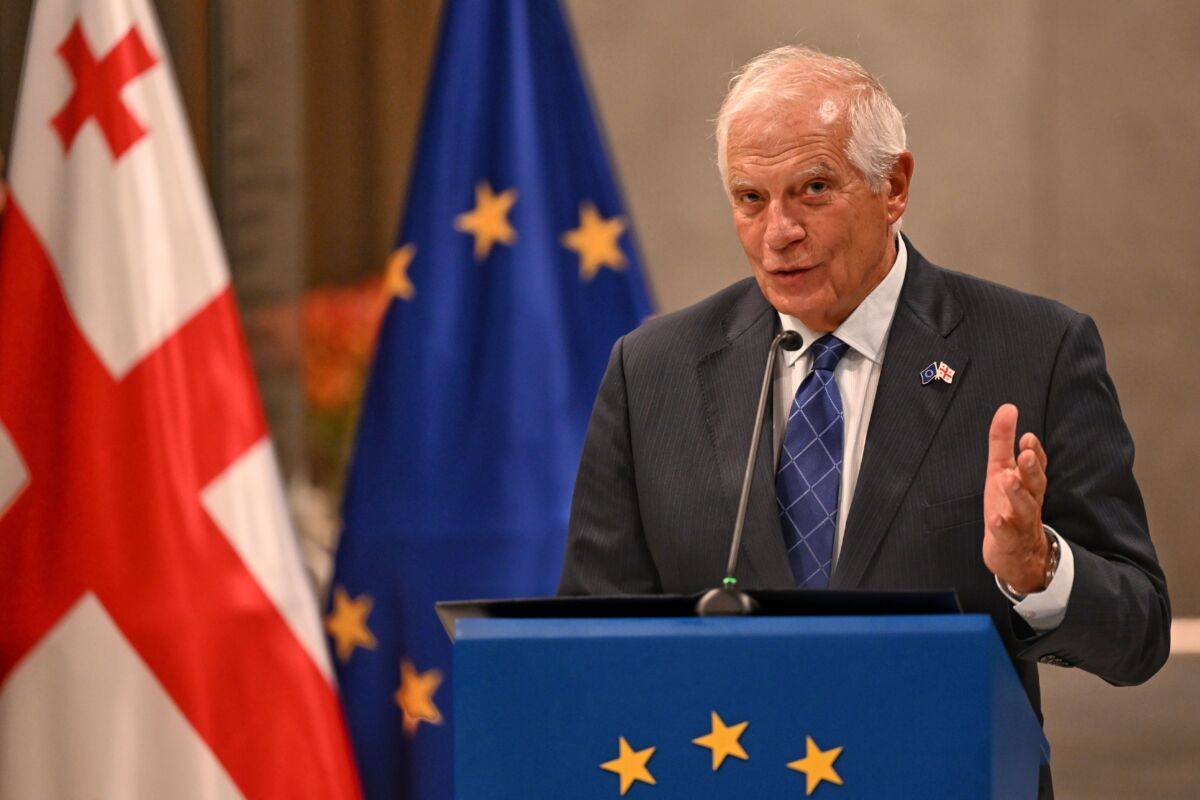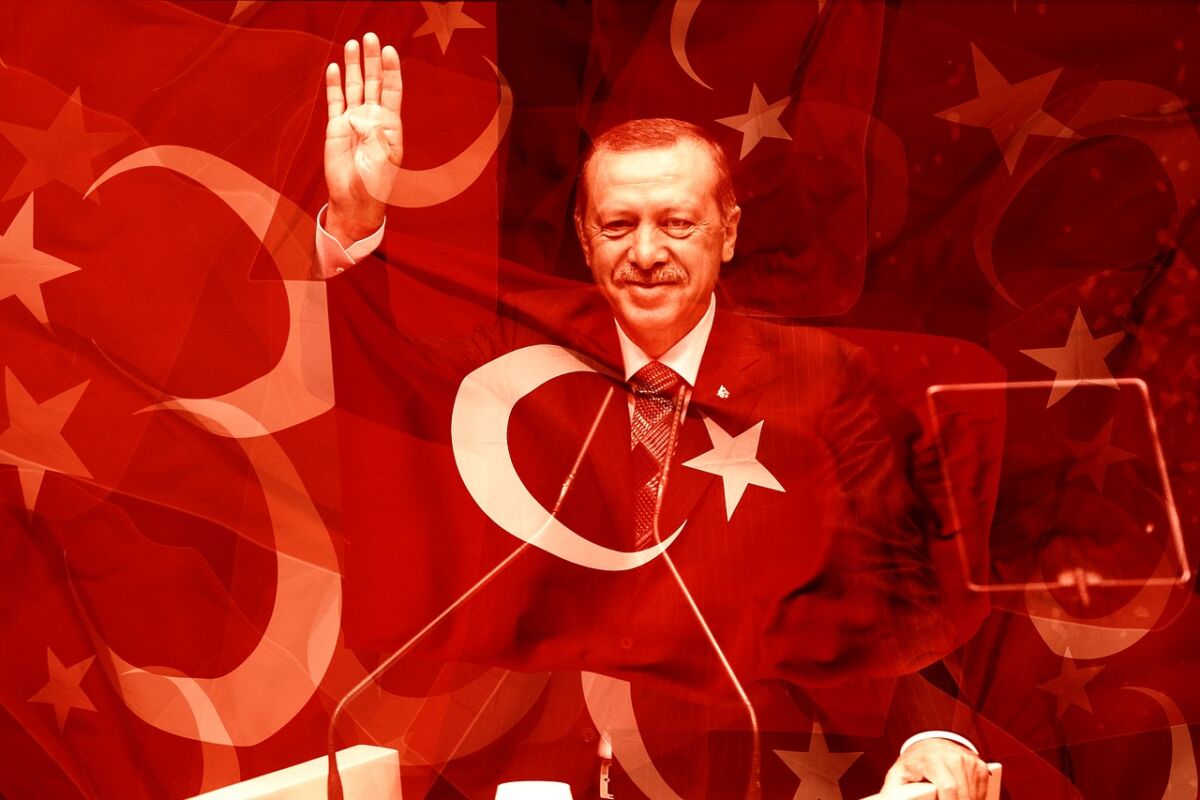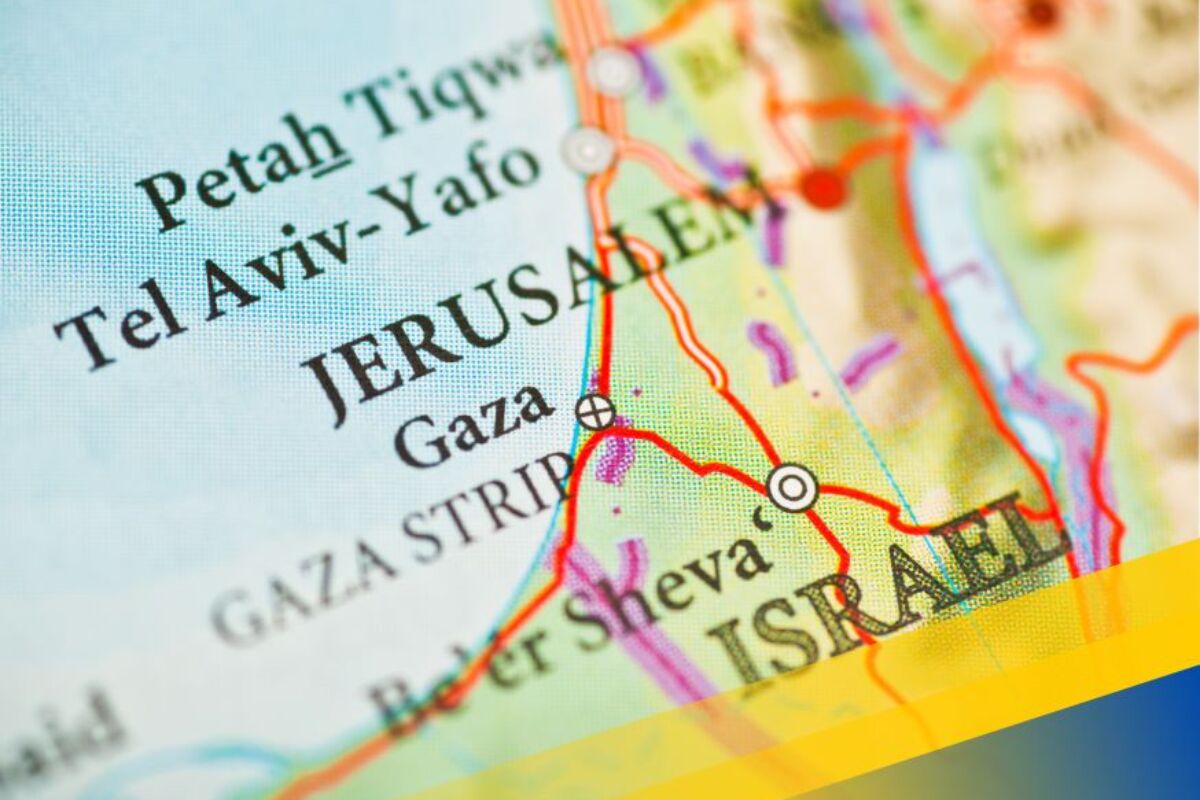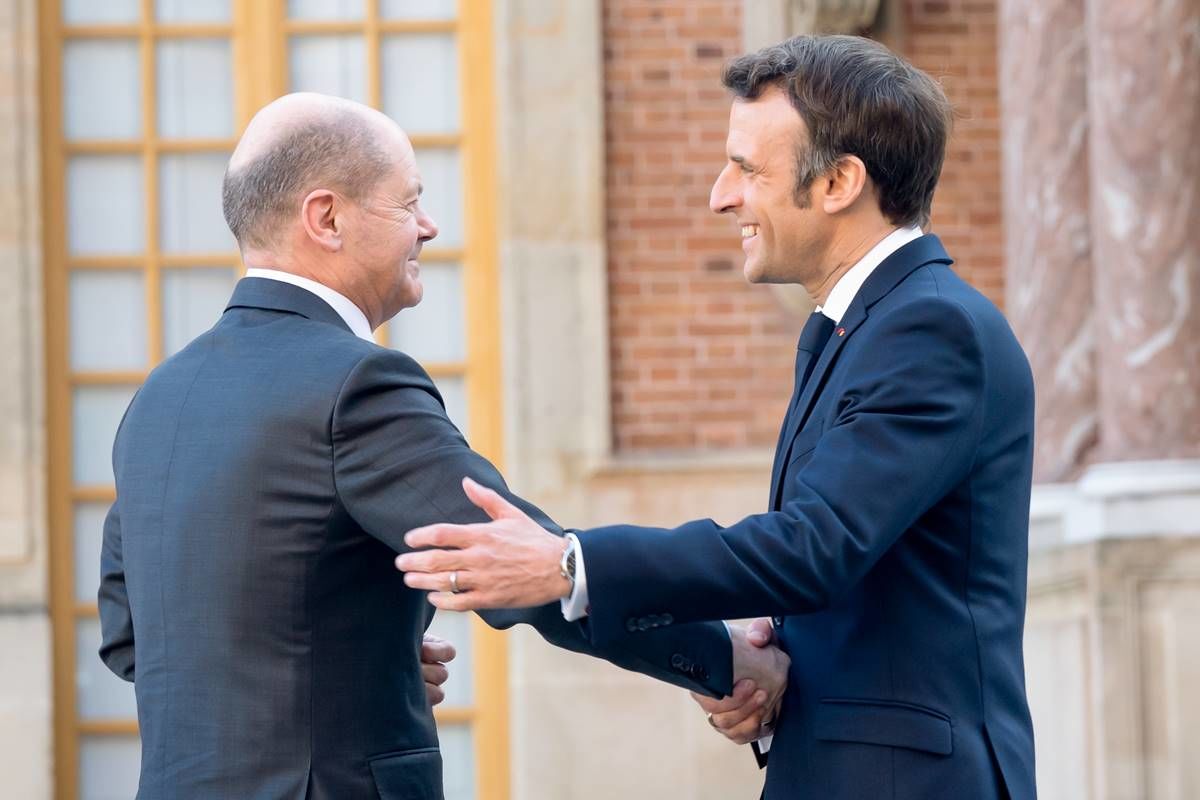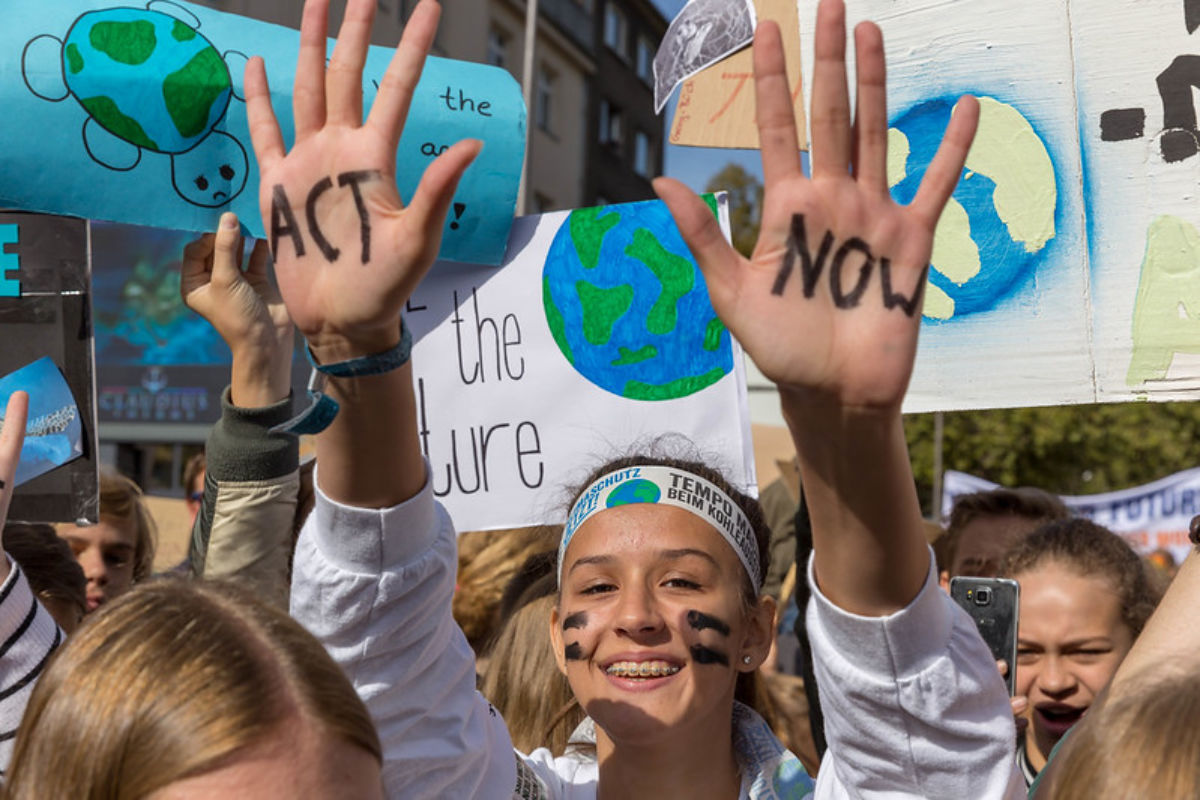The 2024 Indian elections brought an unexpected resurgence of a real multiparty democratic system. With its 1.4 billion people, India is certainly the largest democracy in the world, and the EU, buoyed by the election results, should continue to actively engage with India as a major partner – in the Indo-Pacific and beyond.
Prime Minister Narendra Modi’s previous governments began to really challenge Indian democratic institutions and the space for voicing opposition shrank substantially, and not only within its borders. Just last year, India was accused of carrying out extrajudicial killings of Sikh Khalistan separatists, in Canada and the US, prompting new levels of suspicion against India in the international arena. Modi’s governing style increasingly began to look like the genesis of a more authoritarian Modi regime, which is not a secondary concern for the EU’s principles-driven foreign policy.
Most expected Modi to score yet another sweeping victory. Even exit polls projected a sweeping 400 seats out of a 543-member parliament for his Hindu nationalist Bharatiya Janata Party (BJP). The final results were nothing close to this – to widespread surprise, Modi lost his majority, proving that with India you should always expect the unexpected.
The main opposition coalition, the Indian National Developmental Inclusive Alliance (INDIA), led by Rahul Gandhi who rose from the ashes like a phoenix, managed to secure 42 % of votes, only a mere 3 % behind the BJP-led coalition. With the media machine strongly biased against INDIA, two Congress state leaders in jail and targeted frozen bank accounts, that is no small achievement.
It might have been a blow for Modi but it was certainly a victory for Indian democracy. And a victory for the largest democracy in the world is also a victory for democracy at large.
Make no mistake about it, this was a good result, including for the EU in terms of further developing its strategic relationship with India. And with the news that former Portuguese prime minister Antonio Costa – of Indian descent no less – is likely to become the next President of the European Council, this may just spark the ignition that the relationship really needs to power forward.
Yet don’t expect the unexpected from Modi’s third term
The new government brings continuity with a well consolidated team of ministers. But expectations around long-awaited big agriculture and education reforms may need to be tempered down. Modi is known for taking uncoordinated and unexpected decisions.
For the first time he will have to govern with a slimmed down majority coalition. Two regional parties with a secular base unexpectedly found themselves in the coveted role of kingmakers. Switching allegiance is not uncommon in the Indian parliament, including for leaders within a coalition government, so Modi will have to carefully recalibrate his governing style.
Many question India’s capacity to deliver on its promise to become an impactful global leader due to the levels of poverty still largely afflicting the country, with all its structural implications. The gap between India’s ambitions and its capabilities is still blaringly evident.
In 2023 India landed on the moon but just under 15 % of its population are still multidimensionally poor (this is roughly over 200 million people, but the exact figure seems to be very well hidden within the intricacies of the web), though this is steadily declining. A stronger opposition and Modi’s coalition partners may push him towards pursuing more inclusive economic growth.
Poverty and unemployment were both sidelined by Modi’s first and second governments, to the benefit of an ethno-religious agenda, which it seems was ultimately not appreciated by Indian voters. For example, the BJP candidate lost in the Faizabad constituency in Ayodhya (Uttar Pradesh), where Modi recently destroyed a mosque to build a Hindu temple, enraging the Muslim minority. This could be a signal to swerve politics back towards addressing bread and butter issues, rather than overly (even obsessively) focusing on India’s 20 % non-Hindu population.
What should the EU expect? And how should it proceed?
India is the self-appointed leader of the ‘Global South’ and its democratic model has a strong appeal for many Global South countries. Whatever it does – or doesn’t do – is closely watched.
India is also – or better yet, should be – a key strategic partner for the EU. From tackling climate change and building a connectivity partnership, to geostrategic considerations, India is a wanted and a needed partner. But given its recent track record on shared values (or to be blunter, the EU’s high expectations of India), coupled with New Delhi’s rising international assertiveness, it was becoming increasingly challenging for the EU to streamline cooperation.
Several areas have seen progress either stall or even reverse, starting with free trade agreement (FTA) negotiations that haven’t found sufficient common ground to make substantial progress. And as the FTA negotiations become more politically rather than economically loaded, the next couple of years will be make-or-break for them. Either the parties will have to choose to converge politically and engage in more fruitful cooperation or the only alternative is mistrust and divergence, which would eventually prevail. And this is absolutely not in the EU or India’s interests.
In a new spirit of cooperation, the EU should do its fair share to ensure these discussions get back on track. With Antonio Costa as the likely new President of the European Council, who has already leveraged his Indian heritage during the Portuguese Presidency of the Council in 2021 to help restart stalled trade talks, then there is indeed hope that the EU-India relationship will get back on track in the months and years to come.
To move forward effectively, may this new Indian coalition government and coupled with a stronger opposition, be instrumental in bringing the EU and India’s shared values back to the top of the agenda. Ultimately, a more transparent and inclusive India may be just what the Indian people and economy needs. In these deeply uncertain times, it’s also exactly what the EU needs, not to mention all democracies around the world.
This CEPS Expert Commentary is a part of an ongoing series running throughout 2024 to mark key global elections during a year when around half of the world’s population will be heading to the polls. You can read the other commentaries in the series here.



